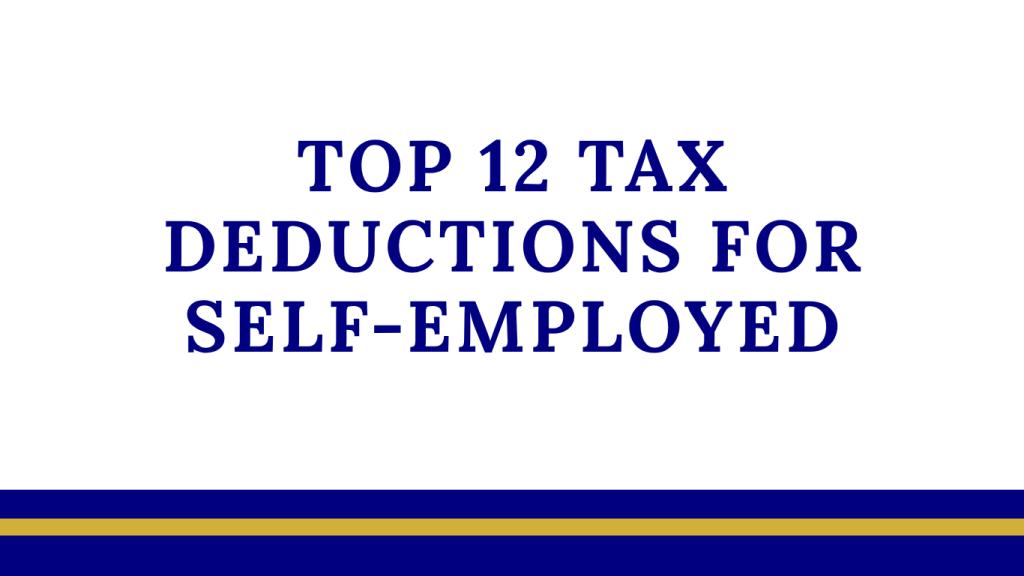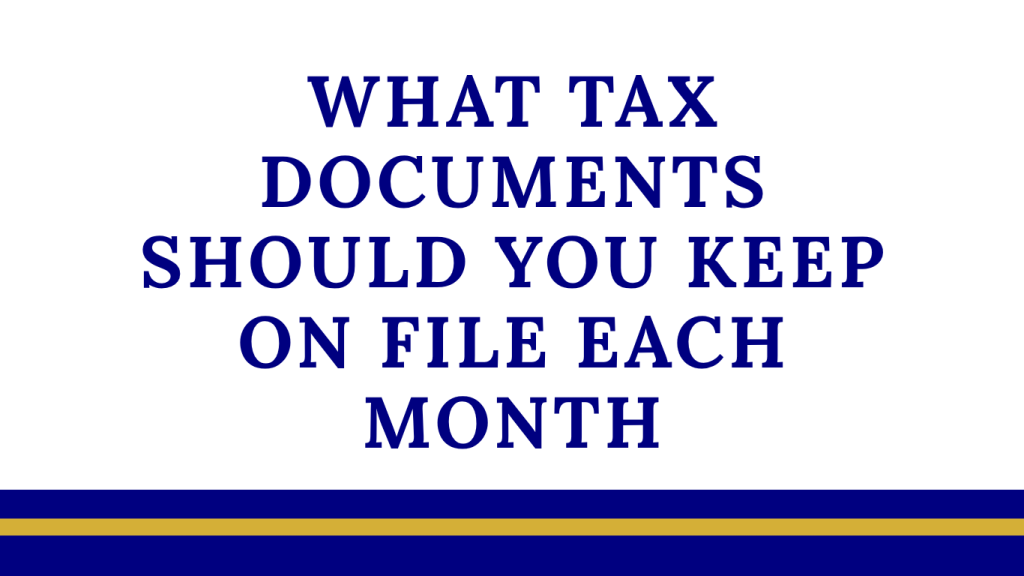If you own a pass-through business—like a sole proprietorship, partnership, or S corporation—you may be eligible for a valuable tax break known as the Qualified Business Income Deduction (QBI deduction). Introduced as part of the Tax Cuts and Jobs Act, this deduction allows certain business owners to deduct up to 20% of their qualified business income on their federal tax return.
For 2025, the income thresholds have been adjusted for inflation, and understanding where you fall can help you take full advantage of this opportunity.
What Is the Qualified Business Income Deduction?
The QBI deduction lets eligible self-employed individuals and owners of pass-through businesses deduct up to 20% of their qualified business income (QBI) from their taxable income. QBI generally includes net income from your business, but excludes wages, capital gains, dividends, and interest income.
This deduction is in addition to the standard or itemized deductions, meaning it can further reduce your taxable income—and ultimately your tax bill.
2025 QBI Deduction Income Thresholds
To qualify for the full 20% deduction in 2025, your taxable income must be below the following thresholds:
- Unmarried individuals: $197,300
- Married filing jointly: $394,600
If your income is below these amounts, you can generally claim the full deduction without limitation.
What Happens if You’re Over the Threshold?
If your taxable income is above the threshold, the deduction becomes more complex. The IRS may limit or phase out your deduction based on your business type, W-2 wages paid, and the value of certain business property. For service-based businesses (like consulting or accounting), the deduction may be reduced or eliminated at higher income levels.
That’s why staying aware of your taxable income—not just your gross business revenue—is important for year-end tax planning.
Why This Deduction Matters
The QBI deduction can result in major tax savings, especially for small business owners and independent contractors. It rewards business income that flows through to your personal return, and can significantly lower your effective tax rate if you qualify.
To make the most of this deduction, it’s important to understand your taxable income level, track your business income accurately, and consider how year-end income and expense decisions might affect your eligibility.



